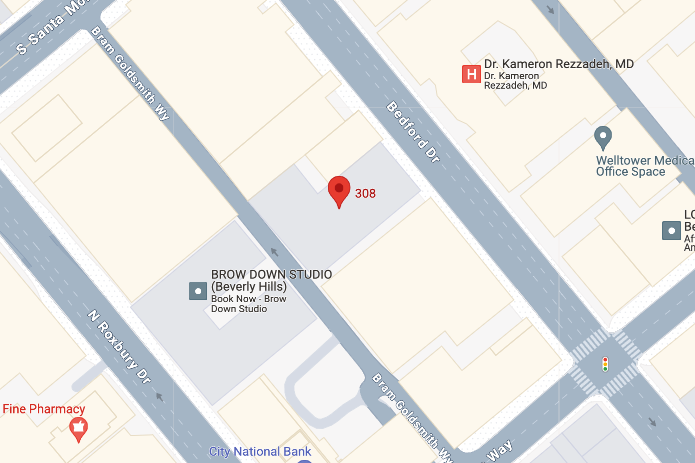Little, unharmful growths called anal skin tags can develop around the anus. Although they typically aren’t a problem, they can be unattractive or uncomfortable and people often wonder “do anal skin tags go away“. You might be wondering whether anal skin tags would disappear on their own if you have any. We’ll look at the causes, likelihood that they’ll disappear on their own, and treatments for anal skin tags in this blog post including anal skin tags removal.
What is an anal skin tag?
Little, fleshy growths called anal skin tags can develop around the anus. Although they are usually painless and harmless, they can occasionally be irritating or itchy. Skin tags are frequently described as flesh-colored or somewhat darker than the surrounding skin and can vary in size and shape.
What causes anal skin tags?
It is unclear what causes anal skin tags specifically. Yet, a number of factors could have a role in their growth. They consist of:
Are anal skin tags common?
Anal skin tags are fairly common and typically harmless. Skin tags on the anus are small, flesh-colored growths that can appear. They are usually painless and do not cause any symptoms, but they can be itchy or uncomfortable at times.
Skin tags can appear anywhere on the body, including the anus. They’re thought to be caused by friction or rubbing of the skin against itself, and they’re more common in people who are overweight or have had multiple pregnancies. While they are generally not a cause for concern, if you are experiencing pain or discomfort, or if the appearance of the skin tag changes, you should consult with a healthcare provider and seek out anal skin tag removal near me.
Are anal skin tags dangerous?
Anal skin tags are rarely dangerous, but they should be evaluated by a healthcare provider to rule out any underlying conditions. Anal skin tags are usually harmless and do not require treatment. However, if you experience any pain or discomfort, or if the appearance of the skin tag changes, you should consult with a healthcare provider.
Anal skin tags are occasionally associated with medical conditions such as inflammatory bowel disease or sexually transmitted infections. If your healthcare provider suspects an underlying condition, they may recommend additional testing or evaluation.
It’s also worth noting that anal skin tags can be confused with other conditions like hemorrhoids or warts. If you are unsure about the nature of the growth, seek medical attention so that you can receive an accurate diagnosis and appropriate treatment.
Do anal skin tags go away on their own?
The question of whether anal skin tags will disappear on their own is unanswered. In some circumstances, they could get smaller or vanish over time. This isn’t always the case, though, as many people discover that their skin tags either stay the same size or get bigger over time and need to seek anal skin tags removal. It is best to get medical help if you have anal skin tags that are bothersome or bothering you. The ideal course of treatment for your unique circumstances can be decided with the assistance of your doctor.
How can anal skin tags be treated?
For anal skin tags, there are numerous treatment options available. The most popular techniques include:
When to seek medical attention for anal tags?
Although anal skin tags are typically not harmful, there are specific situations where you should visit a doctor. You should schedule a visit with your doctor if you experience any of the following signs or symptoms:
Anal skin tags are a regular, usually unproblematic condition that can be uncomfortable or embarrassing. While some skin tags may disappear on their own, many people discover that they either stay the same over time or get bigger. Thankfully, there are a number of efficient treatment options available, from over-the-counter medications to surgical excision.
Seek Anal Skin Tags Treatment Today!
In the event that your anal skin tags change in size, color, or shape, or if they hurt or bleed, you should consult a doctor right away. While this blog post offers some general information on anal skin tags, it is not meant to be a replacement for advice from a qualified healthcare provider. Make an appointment with our team to go over your unique circumstance in more detail and get advice on the best course of action and discuss the possibility of anal skin tags removal.
Schedule An Appointment
Specialties
Recent Pilonidal Q&A
OFFICE HOURS
Monday – Friday
9:00 AM – 5:00 PM






